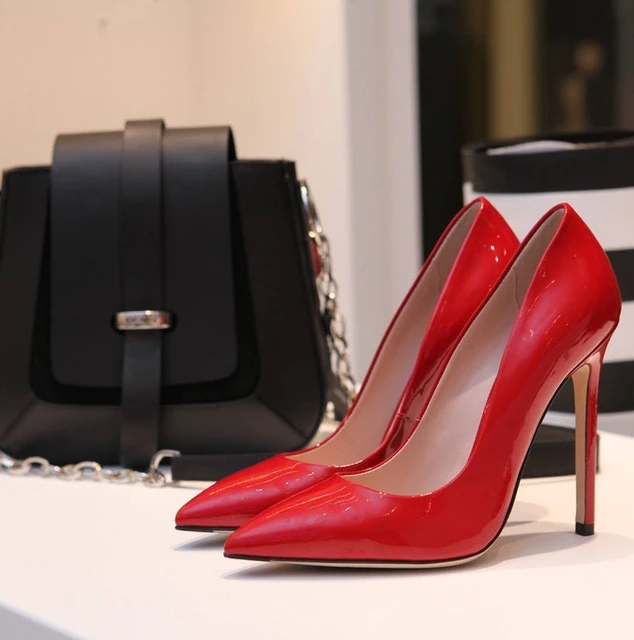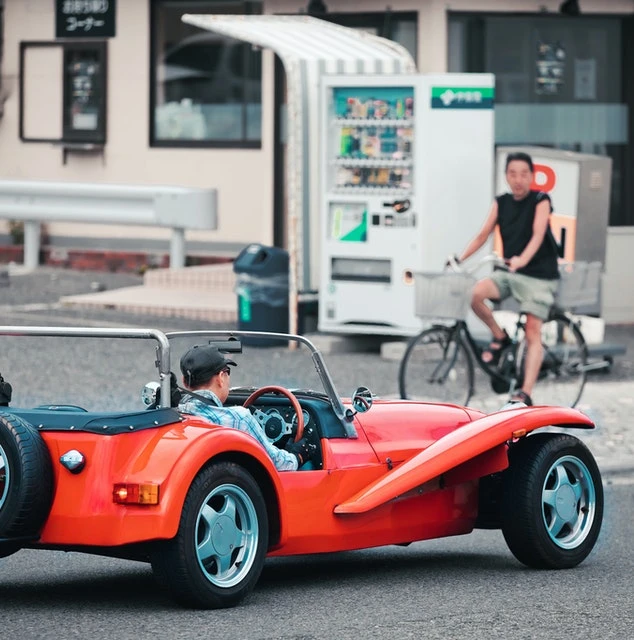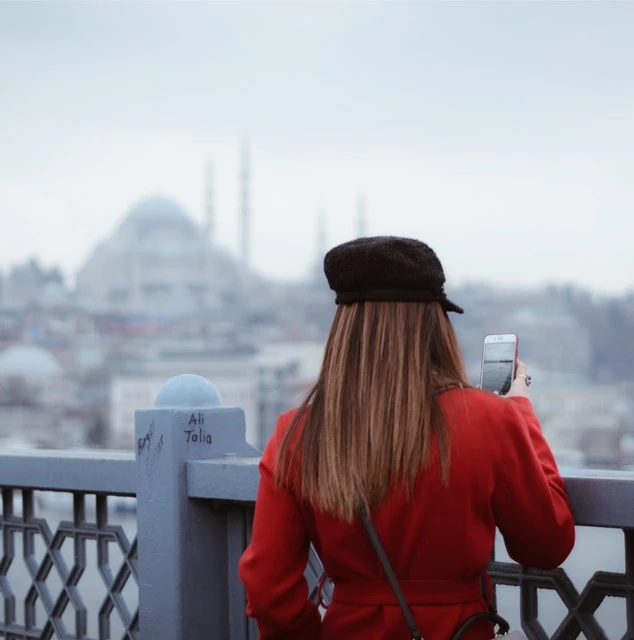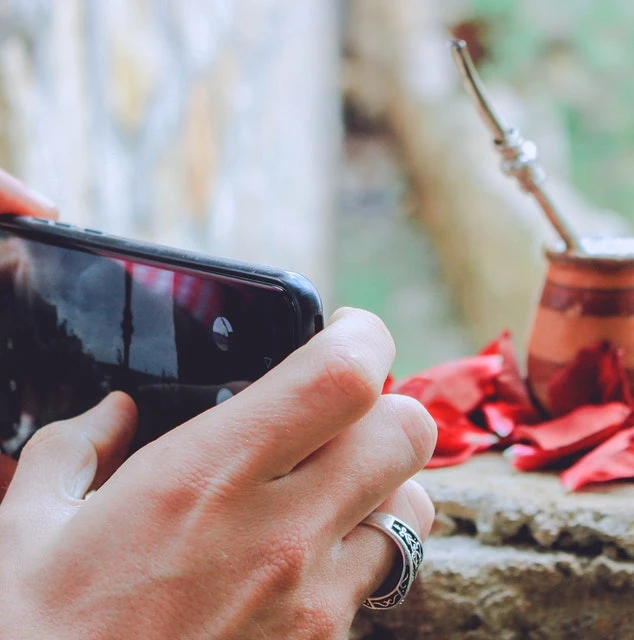You’re all ready for your ski trip. The gear is complete, the moisturizer is packed, and the first aid kit is tucked securely in your luggage. You think you’ve accounted for every minor inconvenience and injury on the slopes, but there’s one possible problem you might have overlooked: snow blindness.
It might seem like a rare disorder, but snow blindness is one of the most common injuries skiers sustain during vacation. UV rays — the invisible rays of the sun — affect the eyes and impair vision.
Don’t worry. Snow blindness doesn’t lead to permanent vision loss. It isn’t a serious condition, so much so that you can prevent and treat it using everyday things you can bring to your lodge.
Snow Blindness: Will You Lose Your Vision?
Snow blindness is a form of Photokeratitis, a condition where the eyes are exposed to too much UV rays. Think of it as a sunburned eye; the UV rays damage the surface of the cornea and the conjunctiva. People often sustain photokeratitis when they stare directly at the Sun or solar eclipse.
If the UV rays are reflected off ice and snow, a person sustains a particular form of photokeratitis called snow blindness. Skiers and snowboarders are susceptible because the North and South Poles, as well as snow-capped mountains, have thinner air. This kind of air offers less protection from UV rays. The cornea and conjunctiva become inflamed and irritated, causing an itchy or burning sensation.
Even though it’s called blindness, snow blindness won’t cost you your vision. Most of the time, a person experiences pain, swollen eyelids, watery eyes, and twitching. They might experience blurred vision, be more sensitive to light, and sustain headaches. The person may also see glares and halos around lights.
In a few cases, snow blindness can cause temporary vision loss and color changes. But these resolve within 24 to 48 hours.
Preventing Snow Blindness

Snow blindness usually goes away on its own, so you don’t have to cut your vacation short. The cornea recovers in a day or two without medical treatment. It can, however, dampen your holidays and limit your family’s activities.
To prevent it from ruining your vacation, make eye protection a ski staple. It’s just as crucial as an Obermeyer men’s ski jacket or a moisturizing sunscreen. Pack sunglasses that block about 99% of UV rays. Wear them even if there’s not much sun; UV rays can still do damage even in gloomy, cloudy weather.
If anyone in your family sustains snow blindness, rest the eyes away from UV light to encourage healing. Stay in a dark room and remain indoors for a while. Remove contact lenses and avoid scratching or rubbing the eyes — these can aggravate the damage on the corneas. If you packed sunglasses, put them on.
Since snow blindness can be painful, you can use a cold washcloth over closed eyes to relieve the discomfort. Artificial tears can help, too, as they can help the corneas heal. If, however, symptoms worsen after 24 hours, schedule an appointment with an ophthalmologist.
It’s worth noting that snow blindness can happen even to non-skiers. If you only stand in one corner of the lodge and admire the vast white slopes, your eyes are still vulnerable to harsh UV rays. To prevent any holiday havoc and make the most of your time in the ski lodge, pack heavy-duty ski sunglasses for your entire family.







